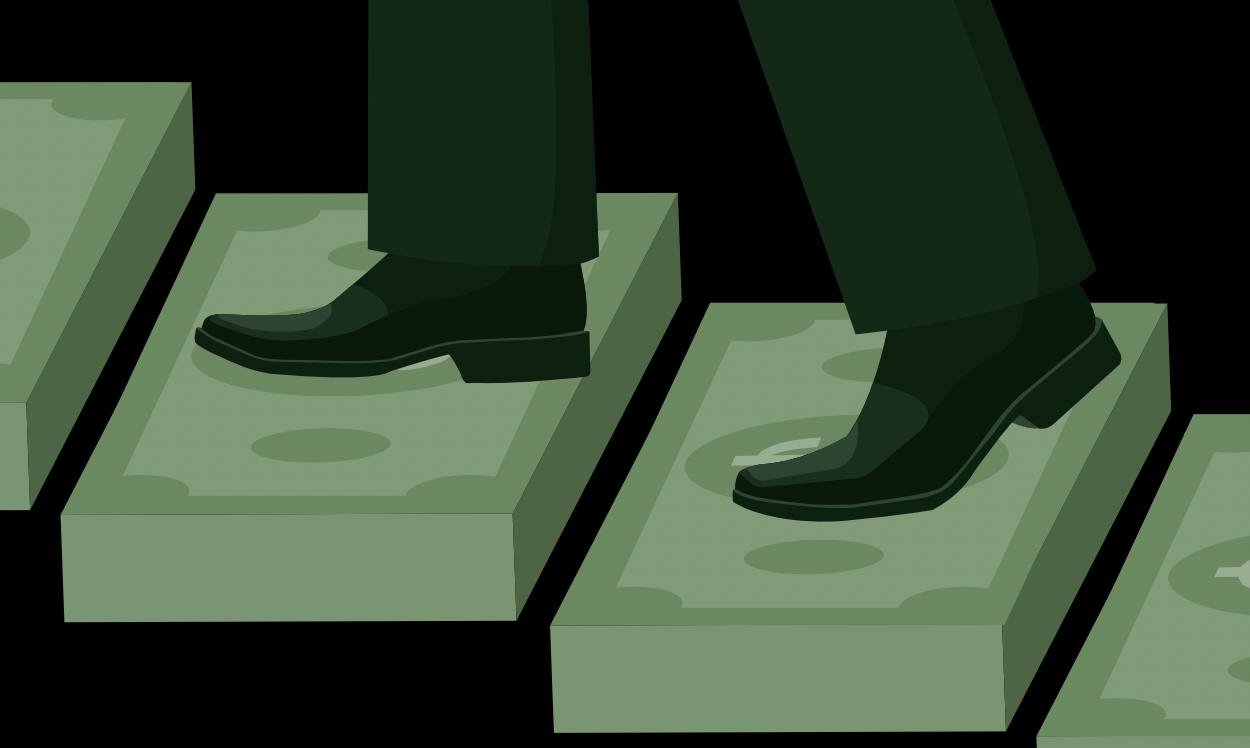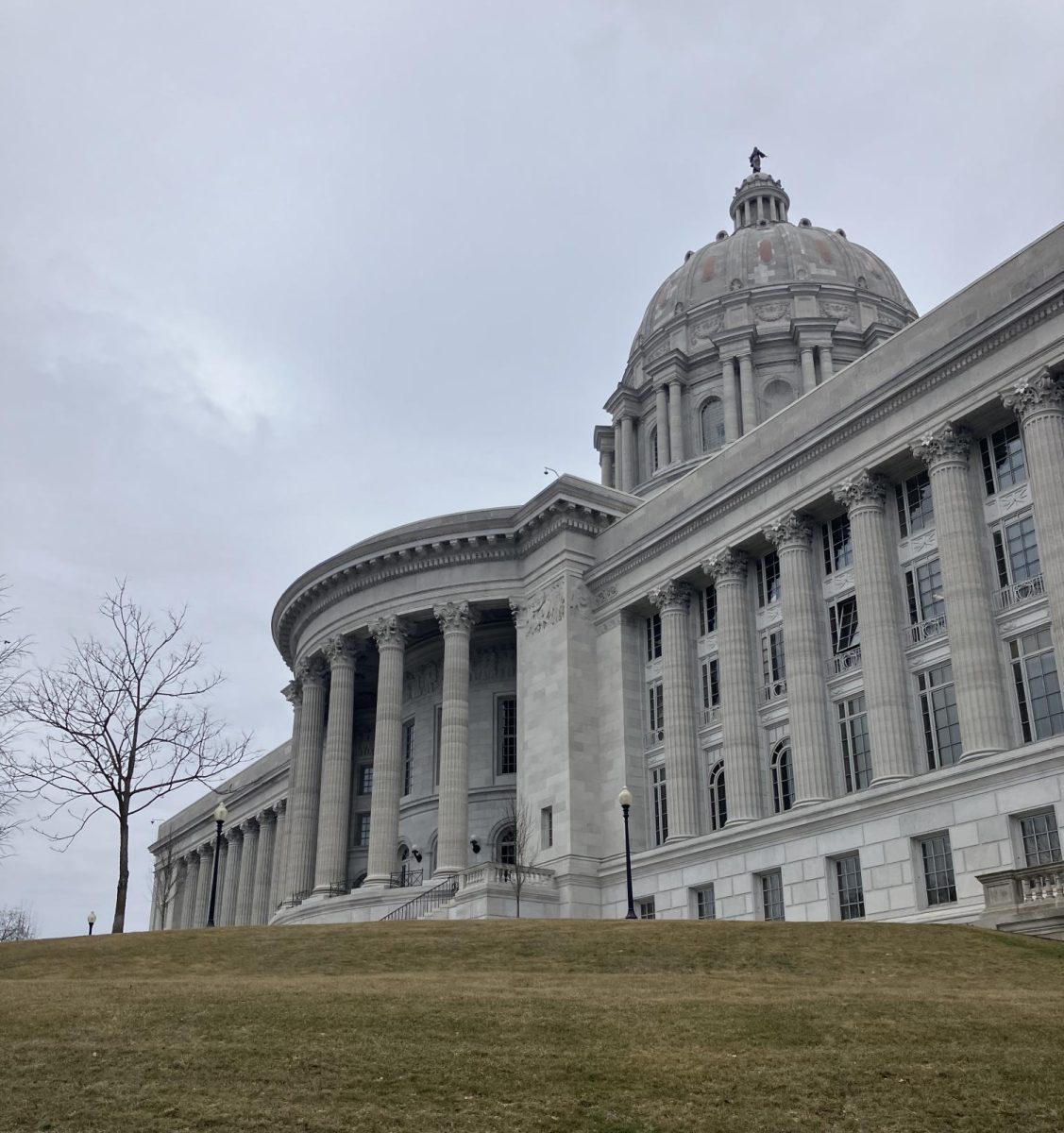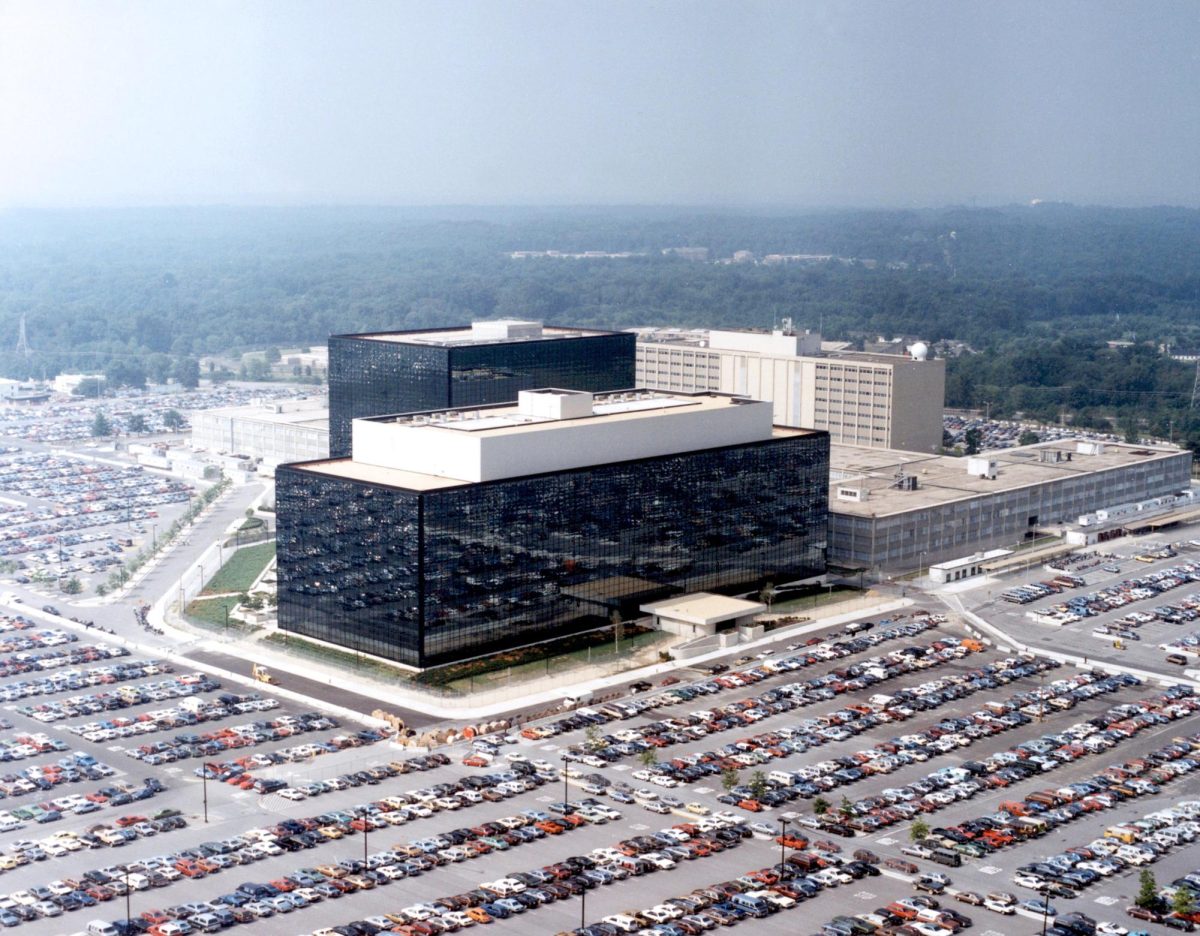The majority of the members in the 116th congress were millionaires. Six of nine Supreme Court Justices are multimillionaires. Every U.S. president after 1953 has been a millionaire. Heck, even all of our founding fathers were millionaires. These are the politicians who represent us and heavily influence legislature, economy, foreign policy and our everyday lives. Yet when our government is consistently represented by the wealthy, is our democracy really representative of the people?
Amidst the growing wealth inequality, Trump’s 1.5 trillion dollar Tax Cuts and Jobs Act reduced therate of the highest tax bracket by 2.6% and overall corporate tax by 14%. Do you think it was for the working class’ 3% tax deduction or for his own, as a rich politician with a business-owner background? Likewise, when the majority representation of the wealthy drowns out the needs and voices of the working class, it’s especially hard to improve wages, relieve student debt and approve universal healthcare, because these problems don’t benefit or affect the rich.
Furthermore, the wealthy have distinct advantages in terms of getting their foot in the political door. The time commitment, resources, connections and immense amount of funding to even get your name noticed is a dream to the average working-class citizen. Their wealthy counterpart, however, has the free time, resources and money to spend and the ability to take on the risks and uncertainty of running for office. They’re also more likely to be recruited by important political elites and have greater connections, therefore receiving more campaign funding. From his superPACs, personal funds and collection of wealthy donors, Biden was able to spend over a billion dollars on his presidential campaign last election. And it’s not like people just donate just because; candidates gain the support of wealthy donors and corporations by leading in their interests.
Moreover, corporate money has a greater influence on the government through lobbying. Lobbying, in its purest form, is the ability to petition the government and is protected under the 1st Amendment. However, when Citizens United v. FEC legalized political spending as lobbying, anyone could spend millions to influence the federal government; let it be corporations, organizations, universities, churches or non-profit groups. That’s how 14,000 lobbyists can live next to the politicians they donate to, write their legislations and entice them with gifts, meals and money. Not to mention that 84% of the top 250 lobbying firms fail to complete required legal documents which contain crucial data about their lobbying activities, which are then released as public information. Despite the breaking of law and regulation, there are no real consequences to this noncompliance. When legislation can’t even touch the interests of profit and wealth, it’s clear that the billions spent on lobbying isn’t freedom of speech: rather, a rebrand for bribery and corruption.
Our democracy is not a democracy until there is greater political representation of the working class, greater monetary restrictions on political campaigns and Citizens United is finally overturned. We the people can vote, but money can do more.









